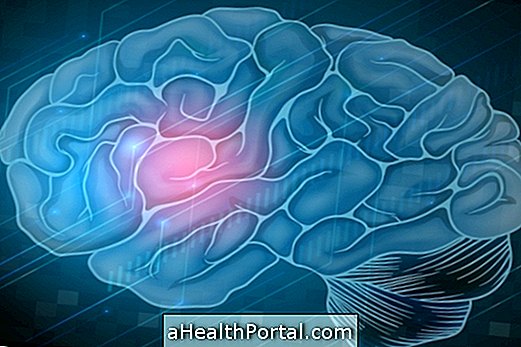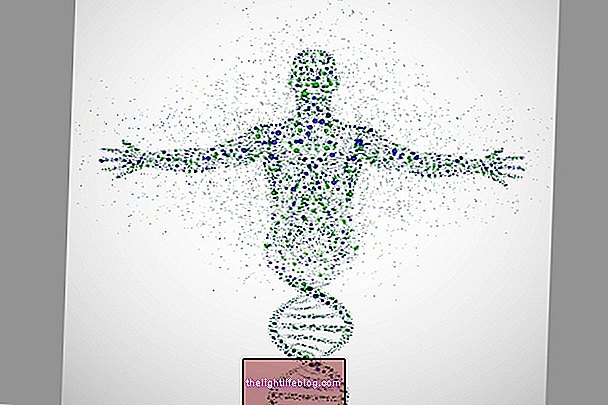Symptoms of encephalitis, in the early stages, are similar to those of a flu, but over time other more serious symptoms may set in.
The initial symptoms of viral encephalitis are:
- Headache,
- Fever,
- Muscle pain,
- Somnolence,
- Nausea, vomiting;
- Tremors in some regions of the body.
If the disease is not diagnosed and properly treated, it can lead to symptoms such as:
- Loss of consciousness;
- Convulsions;
- Muscle weakness or paralysis;
- Back and neck rigid;
- Irritability;
- Difficulties in walking;
- Sensitivity to light;
- Loss of memory;
- Violent and involuntary movements of the body.
Symptoms of viral encephalitis in infants are not always easily recognizable, but some signs such as irritability of the baby, more prominent moleira, vomiting or stiffness of the body may indicate the presence of this infection.
The diagnosis of viral encephalitis is performed by observing the patient's symptoms and performing laboratory tests on cerebrospinal fluid or magnetic resonance imaging, and should be performed as soon as possible in order to treat and prevent possible brain lesions that may appear as a result of infection .
Treatment of viral encephalitis
Viral encephalitis treatment consists of ingestion of antiviral drugs such as acyclovir, anticonvulsant medicines for seizures and paracetamol to control fever. In some cases, the use of steroid medications may be indicated to decrease inflammation and swelling of the brain and sedative medications to decrease irritability.






















